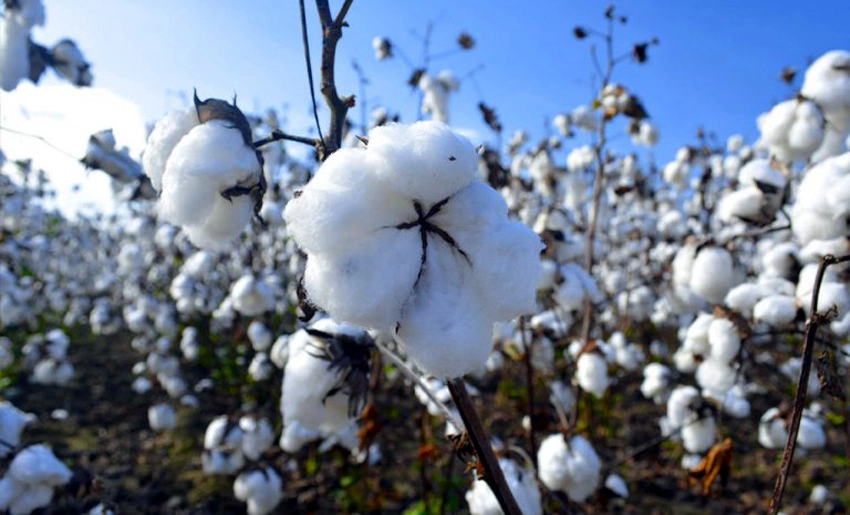Cotton, that soft white fiber we instantly associate with comfortable clothing and fluffy towels, is much more than a simple textile material. Throughout history, it has been an economic engine, a cultural symbol, and, surprisingly, a source of medicinal remedies.
In a world increasingly concerned with sustainability, it’s worth taking a closer look at the importance of this versatile plant and its many facets.
Historical Legacy
The history of cotton is intertwined with that of human civilization. Archaeological evidence suggests that it was cultivated in India and Peru thousands of years ago. Its cultivation spread throughout the world, fueling trade, the textile industry, and, sadly, also slavery in many regions. During the Industrial Revolution, it was the key raw material that fueled factories and transformed the global economy.
Today, it remains one of the world’s most important natural fibers. It is a key crop for millions of farmers in countries such as India, China, the United States, Pakistan, and Brazil. The cotton industry generates billions of dollars in revenue and provides employment for millions of people worldwide.
This plant (Gossypium hirsutum L.) is resistant to drought and soil salinity.
Diverse and Everyday Uses
Cotton is valued for its softness, breathability, strength, and absorbency. These qualities make it ideal for a wide range of applications. It is the most widely used fiber in the textile industry.
Cottonseed oil is used in cooking and processed food production. Cottonseed meal is used as animal feed. It has also been used for centuries in traditional medicine in various cultures.
Despite its importance, conventional cotton farming can have a significant environmental impact due to the intensive use of pesticides, herbicides, and water. Therefore, it is crucial to promote more sustainable agricultural practices. Such as organic cotton farming, which reduces the use of chemicals and protects the health of the soil and farmers.
It’s time to appreciate cotton not only for its softness, but also for its intrinsic value as a vital resource for our planet. By understanding its economic, cultural, and medicinal importance, and by supporting sustainable production practices. We can ensure that cotton remains a source of well-being for generations to come.
By: Indira Vania López Samé
- Divep Company in Holguin Boosts Industrial Production Plans - 27 de February de 2026
- A Sustainable Approach to Nature Preservation in Holguin - 27 de February de 2026
- Fear in the Heart of Cuba - 27 de February de 2026

